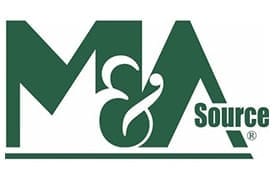Every national election causes a lag in business activity. No matter which way business owners or buyers vote, the uncertainty of an election almost always makes them pause business decisions. Plenty can indeed be at stake: fiscal policy, trade policy, federal regulations on the environment, immigration, and employment can affect how a company operates or how profitable it is.
However, now that the election is settled, the market is returning to business as usual. Companies revisit their expansion plans, investors start looking for opportunities, and strategic buyers return to looking for great companies to buy.
All that works in your favor if you plan to sell your company in 2025.
Economists also expect interest rates to drop, making financing more affordable and allowing more buyers to consider bigger acquisitions. Having more buyers in the market is always good news for a seller; the competition for your company will result in a higher sale price and more favorable terms. Sellers will be offered more cash and less risk, holding smaller notes on loans and taking less of the sale in earnouts.
Wall Street investors have already signaled stronger sentiment in the last quarter of 2024, indicating that the acquisition market will be heating up soon. We have some history to draw on here; many business brokers remember the surge in acquisitions and increased risk-taking from financial investors a few years ago.
Pent-up demand from buyers and sellers means that the sellers who are ready early in 2025 will be at an advantage. If you’ve considered retiring or selling your company, the first quarter will be an important few months. Remember that many business deals take months to close, so if you’re not engaged with a buying prospect by spring, the sale could last into the next holiday season, when you’ll be at your busiest.
So once the holiday spirit (and spirits) season subsides, it’s time to prepare your company for a sale. You’ll have full financial data from 2024, which is always helpful for the diligence process and lending decisions. It’s a good time to set or restate your goals for a sale, taking into consideration other terms in addition to price. How soon after the sale do you want to exit? How involved do you need to be with the product you have brewing or aging? What will it take to retain your key employees and maintain the quality of your product?
Getting a head start on getting your financials in order will make a big difference in how stressful and drawn out the diligence phase will be. If you have any discrepancies or issues to resolve in your records, fixing them early is essential to a smooth and quick sale. If you’re prepared to respond quickly and efficiently to inquiries from the buyer and their team, you can help speed up the process. I’ve seen buyers who have walked away from a sale because they had concerns about an owner’s organization and responsiveness, which some believe might signal problems with the business.
Getting the best offer and terms for your business sale means working with someone who understands the market and can bring you a pool of qualified and motivated buyers or investors. A professional business broker will have industry contacts, a deep understanding of how to value companies in the current market, and the time and energy to devote to the sale while you’re busy running your company.
If you are curious about what your company may be worth, click here for a complimentary and confidential opinion of value.






